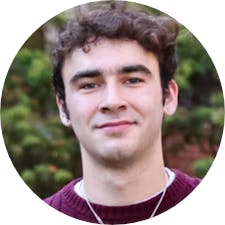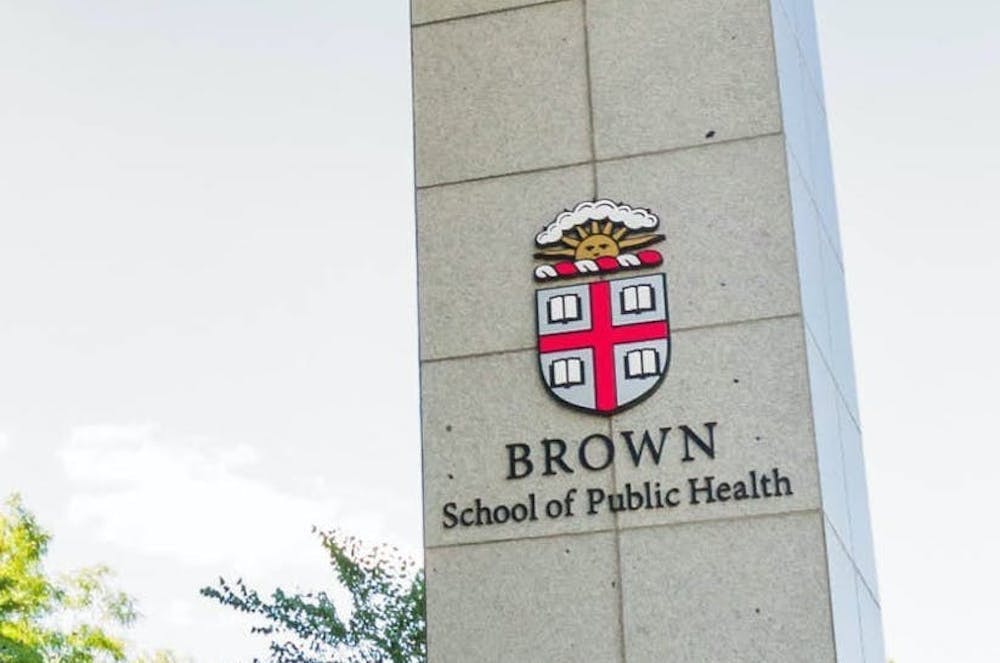LGBTQ+ individuals are at a disproportionate risk for many health issues, including “substance use, HIV, depression, … tobacco use and cancer,” said Katie Brooks Biello, professor and interim chair of behavioral and social sciences at the School of Public Health.
These risks “primarily (stem) from systemic and structural biases, including stigma,” she explained.
Additionally, transgender individuals, especially youth, often face barriers to gender-affirming care. Many states have recently passed or are currently considering legislation limiting access to gender-affirming care.
Biello and Amy Nunn, professor of medicine and behavioral and social sciences at the School of Public Health, are just two University faculty members who are working to address the unique challenges that LGBTQ+ individuals face within the U.S. healthcare system.
Nunn said she looks to create “innovative solutions to (promote) health equity … and deliver culturally tailored services to LGBTQ+ folks.”
In 2020, Nunn launched Open Door Health in her role as executive director of the Rhode Island Public Health Institute. The clinic provides primary and sexual health care for LGBTQ+ individuals and is the first of its kind in the state, The Herald previously reported.
Open Door Health has about 5,000 patients now, Nunn told The Herald, adding that the project has been “nothing but joy.”
Shufang Sun, assistant professor of behavioral and social sciences at the School of Public Health, designs mental health interventions for queer individuals.
“The majority of my work involves developing and evaluating community-centered interventions that aim to promote mental health and health behaviors specific to a group of LGBTQ+ people,” Sun wrote in an email to The Herald.
Sun described two current projects: a community-centered approach to reduce depression and anxiety among LGBTQ+ individuals assigned male at birth and a “stigma-free, body-positive mindfulness approach to promote healthy eating among … queer women.”
Biello has worked with colleagues to create a mobile app to promote HIV testing for young sexual-minority men, leading to a 25% increase in testing among users. Biello’s work also has an international impact: She runs a project to improve adherence to HIV medication among LGBTQ+ individuals in Rio de Janeiro through group sessions.
For many, social justice and public health are intertwined. Biello defined public health as “the science of protecting and improving the health of communities,” adding that “there cannot be justice without equal access to health.”
Health disparities for LGBTQ+ individuals stem “from systemic and structural discrimination (and) oppression, including anti-LGBTQ+ policies, cultures and practices,” Sun wrote.
According to Biello, universities like Brown “should always have equity at the forefront of what they do.”
“Brown is inherently a part of … many different communities,” she said. “We should be addressing the needs of our communities.”

Ryan Doherty is the managing editor of digital content and vice president of The Herald's 135th editorial board. He is a junior from Carmel, NY who is concentrating in chemistry and economics. He previously served as a university news and science & research editor, covering faculty and higher education.





